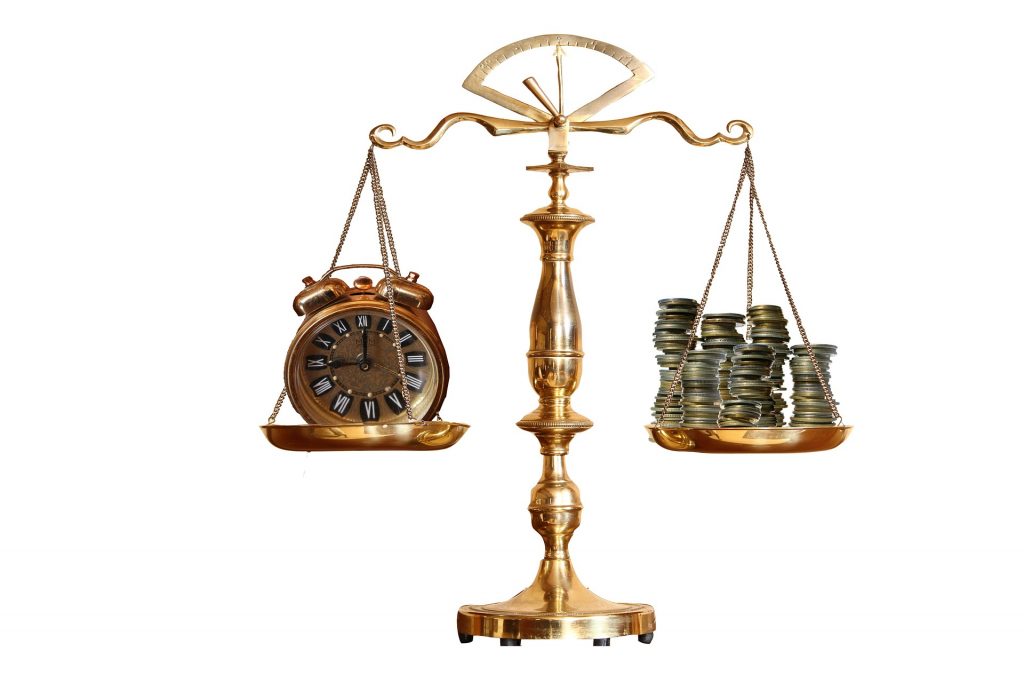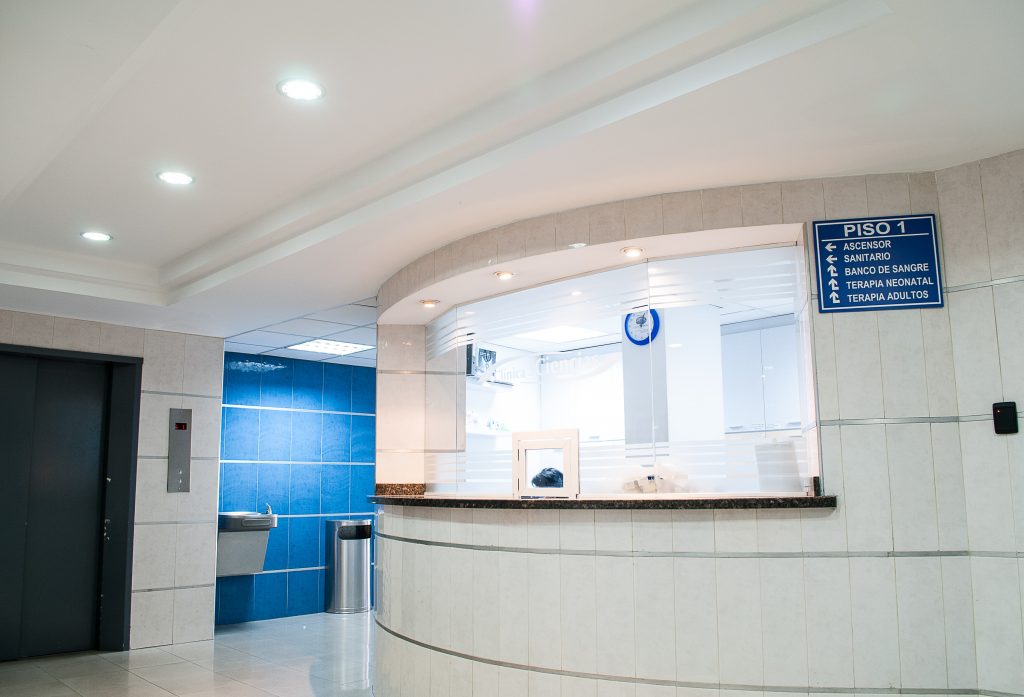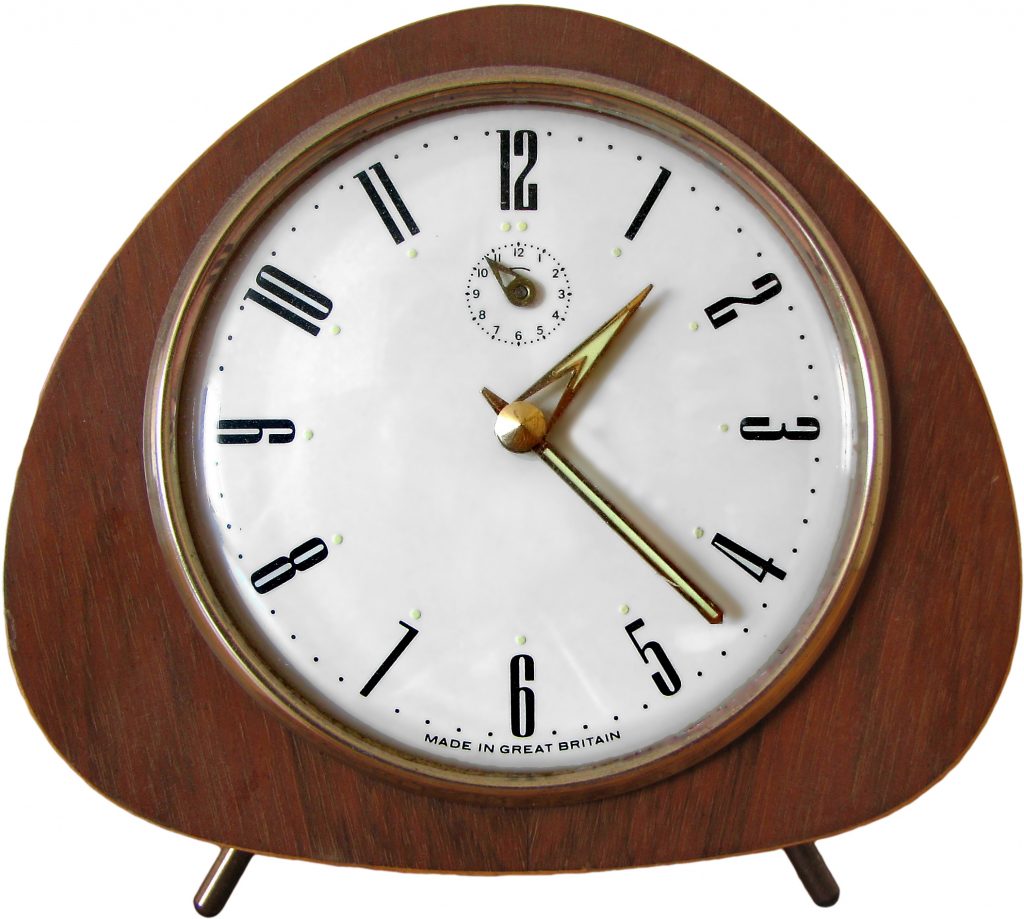 The “burden of proof” may be a familiar concept to everyone, even those inexperienced with the courts. The idea is that the party in a lawsuit holding the “burden of proof” is tasked with providing evidence that reaches the level of proof required to meet the burden. In car accidents, where amount of fault decides how damages may be determined, this burden is especially important. The evidence in some car accidents makes the division extremely obvious, both as to fault and to extent of damage. Other cases, however, especially when the accident is relatively minor, may not be so clear cut. In an unpublished opinion, the Louisiana Third Circuit Court of Appeal considered such a case where the burden of proof was the main issue.
The “burden of proof” may be a familiar concept to everyone, even those inexperienced with the courts. The idea is that the party in a lawsuit holding the “burden of proof” is tasked with providing evidence that reaches the level of proof required to meet the burden. In car accidents, where amount of fault decides how damages may be determined, this burden is especially important. The evidence in some car accidents makes the division extremely obvious, both as to fault and to extent of damage. Other cases, however, especially when the accident is relatively minor, may not be so clear cut. In an unpublished opinion, the Louisiana Third Circuit Court of Appeal considered such a case where the burden of proof was the main issue.
In 2014, Meagan Lemoine was driving a truck owned by the father of her children near Marksville, LA. With her were her young children and her sister. She had stopped at a traffic light when she was rear-ended by a white Jeep. No one in the car was able to identify the driver of the Jeep. After stopping to assess the damage to her vehicle, Ms. Lemoine followed the Jeep to a nearby AutoZone where the driver, a woman, exited the vehicle and entered the store. Ms. Lemoine took pictures of the Jeep. Later that afternoon, she reported the accident to the local police. A few months later, the owner of the Jeep, Lionel Augustine, and his wife received a letter from tMs. Lemoine’s attorney regarding the accident. Both Mr. and Mrs. Augustine denied they had been involved in an accident on that date. Mrs. Augustine claimed she had driven that day and visited AutoZone, but denied being in an accident. They both pointed out that there had been no damage visible on the Jeep. The insurance agent for the Augustines spoke about damage in the form of a “black smudge” on the front of the vehicle, but it did not match the position of the trailer hitch on the truck Ms. Lemoine was driving. The trial court eventually ruled in favor of Ms. Lemoine and her sister. Both parties appealed.
In Louisiana, the burden of proof is upon the person seeking damages in a lawsuit. Big D Dirt Servs., Inc. v. Westwood, Inc, 653 So.2d 604, 609 (La. Ct. App. 1995) This means the party must show enough evidence to convince the finder of fact in a case, whether it be jury or the judge, that the allegations of damage are factual. While both sides seemed to be telling what they believed to be the truth, their stories were completely contradictory. The Third Circuit considered the facts and how the trial court had handled them. The fact that there was white paint on the truck’s trailer hitch after the accident seemed to indicate that an accident had occurred. Also, the court considered that the heavy traffic in the area at the time made it very likely that such an accident could easily occur, and that a driver might not actually be aware they have hit another vehicle. The Third Circuit considered that the plaintiffs had observed the accident and were able to track the same Jeep. There was also uncontroverted evidence that Mrs. Augustine was in the area that day. With this evidence, Ms. Lemoine and her sister met the burden of proof that both the accident occurred and Mrs. Augustine was the responsible party. Although Mrs. Augustine disputed the evidence, the Third Circuit held that the trial court’s ruling was reasonable. The Third Circuit does not have to determine that the trial court was right or wrong, just whether or not the decision was a reasonable one given the evidence. Rosell v. Esco, 549 So. 2d 840 (La. 1989).
 Often times during a lawsuit, cases involve a classic “battle of experts,” where each side presents an expert with an opinion which differs from their respective opponent’s side. The recent Jefferson Davis Parish case involved this exact situation.
Often times during a lawsuit, cases involve a classic “battle of experts,” where each side presents an expert with an opinion which differs from their respective opponent’s side. The recent Jefferson Davis Parish case involved this exact situation. Louisiana Personal Injury Lawyer Blog
Louisiana Personal Injury Lawyer Blog


 The “burden of proof” may be a familiar concept to everyone, even those inexperienced with the courts. The idea is that the party in a lawsuit holding the “burden of proof” is tasked with providing evidence that reaches the level of proof required to meet the burden. In car accidents, where amount of fault decides how damages may be determined, this burden is especially important. The evidence in some car accidents makes the division extremely obvious, both as to fault and to extent of damage. Other cases, however, especially when the accident is relatively minor, may not be so clear cut. In an unpublished opinion, the Louisiana Third Circuit Court of Appeal considered such a case where the burden of proof was the main issue.
The “burden of proof” may be a familiar concept to everyone, even those inexperienced with the courts. The idea is that the party in a lawsuit holding the “burden of proof” is tasked with providing evidence that reaches the level of proof required to meet the burden. In car accidents, where amount of fault decides how damages may be determined, this burden is especially important. The evidence in some car accidents makes the division extremely obvious, both as to fault and to extent of damage. Other cases, however, especially when the accident is relatively minor, may not be so clear cut. In an unpublished opinion, the Louisiana Third Circuit Court of Appeal considered such a case where the burden of proof was the main issue.  In Louisiana, if someone does work to your home and you find the work to have been completed unsatisfactorily, you have a one-year prescription period to bring the issue to court. However, what does one do if problems from this work do not appear right away? Considering the statute that allows a one-year prescription period at the first notice of damage, what exactly is noticing damage? Is it formally reporting the issue or simply remarking on an observation? The Louisiana Fifth Circuit Court of Appeals recently decided a case on appeal from Jefferson Parish that answered such questions.
In Louisiana, if someone does work to your home and you find the work to have been completed unsatisfactorily, you have a one-year prescription period to bring the issue to court. However, what does one do if problems from this work do not appear right away? Considering the statute that allows a one-year prescription period at the first notice of damage, what exactly is noticing damage? Is it formally reporting the issue or simply remarking on an observation? The Louisiana Fifth Circuit Court of Appeals recently decided a case on appeal from Jefferson Parish that answered such questions. Arbitration is a matter of contract. Parties to an arbitration agreement contract on matters they agree to submit to arbitration. That agreement defines the extent to which the parties are subject to the authority of arbitrator, and such authority corresponds to the boundaries set in the agreement. This case is an example of an attempt to enlarge those boundaries and of the consequences of such attempt.
Arbitration is a matter of contract. Parties to an arbitration agreement contract on matters they agree to submit to arbitration. That agreement defines the extent to which the parties are subject to the authority of arbitrator, and such authority corresponds to the boundaries set in the agreement. This case is an example of an attempt to enlarge those boundaries and of the consequences of such attempt. What would it take for an appellate court to overturn an award of damages? According to the Louisiana 3rd Circuit Court of Appeal, the bar is set high and very rarely does an award for damages get overturned as long as it’s reasonable. Lafayette Motors employed Mr. Menard as a service advisor. In August 2003, Dr. Stroy came to Lafayette Motors to obtain a copy of the repair estimate for his wife’s car. While Menard made a copy of the estimate, the shop manager instructed Menard not to give the estimate to Dr. Stroy. Menard crumpled up the estimate to place it in the trash; however his right wrist was grabbed and twisted by Dr. Stroy. Dr. Story proceeded to take the estimate and leave the premises with it. Menard had injuries to his wrist and arm and was later diagnosed with tendinitis by an orthopedic surgeon. Almost ten years later, Menard testified he still had pain in his wrist.
What would it take for an appellate court to overturn an award of damages? According to the Louisiana 3rd Circuit Court of Appeal, the bar is set high and very rarely does an award for damages get overturned as long as it’s reasonable. Lafayette Motors employed Mr. Menard as a service advisor. In August 2003, Dr. Stroy came to Lafayette Motors to obtain a copy of the repair estimate for his wife’s car. While Menard made a copy of the estimate, the shop manager instructed Menard not to give the estimate to Dr. Stroy. Menard crumpled up the estimate to place it in the trash; however his right wrist was grabbed and twisted by Dr. Stroy. Dr. Story proceeded to take the estimate and leave the premises with it. Menard had injuries to his wrist and arm and was later diagnosed with tendinitis by an orthopedic surgeon. Almost ten years later, Menard testified he still had pain in his wrist. Running a small business is a challenging endeavor that can prove even more difficult if someone publishes false information about your company. This is situation is exactly what happened to husband and wife Robbie and Susan Arnaud, owners of Robbie’s Wrecker Service, a towing business located just outside Eunice, Louisiana.
Running a small business is a challenging endeavor that can prove even more difficult if someone publishes false information about your company. This is situation is exactly what happened to husband and wife Robbie and Susan Arnaud, owners of Robbie’s Wrecker Service, a towing business located just outside Eunice, Louisiana. Navigating any lawsuit can be challenging, especially when the initial trial gives rise to complicated appeals. In this instance, the plaintiff was left wondering how jury instruction impacted her medical malpractice lawsuit.
Navigating any lawsuit can be challenging, especially when the initial trial gives rise to complicated appeals. In this instance, the plaintiff was left wondering how jury instruction impacted her medical malpractice lawsuit.  If you are injured and think another party might be at fault, it is important to contact an attorney as soon as possible. If you wait too long, your claim, and any chance of recovering damages could expire, leaving you with little recourse against the responsible party. In the law, this is referred to as prescription, and different claims have different time periods before they prescribe, i.e., expire. In Louisiana, the doctrine of prescription protects defendants from having to defend against stale claims by requiring plaintiffs to file suit in a court of competent jurisdiction and venue within a specified time period and to pursue that suit in a timely manner. There are additional rules determining what actions serve to interrupt the running of prescription, but generally, prescription begins to run from the day damage is sustained,
If you are injured and think another party might be at fault, it is important to contact an attorney as soon as possible. If you wait too long, your claim, and any chance of recovering damages could expire, leaving you with little recourse against the responsible party. In the law, this is referred to as prescription, and different claims have different time periods before they prescribe, i.e., expire. In Louisiana, the doctrine of prescription protects defendants from having to defend against stale claims by requiring plaintiffs to file suit in a court of competent jurisdiction and venue within a specified time period and to pursue that suit in a timely manner. There are additional rules determining what actions serve to interrupt the running of prescription, but generally, prescription begins to run from the day damage is sustained,  In deciding whether to dismiss a specific case, the Appellate Court should consider many factors. Among them are subject matter jurisdiction and statutory of limitation. The claims might be dismissed if they are filed to a wrong court which does not have the legal power to adjudicate on this case, or if they are filed too late (peremption) because laws encourage people to file a lawsuit timely.
In deciding whether to dismiss a specific case, the Appellate Court should consider many factors. Among them are subject matter jurisdiction and statutory of limitation. The claims might be dismissed if they are filed to a wrong court which does not have the legal power to adjudicate on this case, or if they are filed too late (peremption) because laws encourage people to file a lawsuit timely.  Timing is everything, especially when it comes to lawsuits. If you delay too long in filing a medical malpractice lawsuit, then you – like Mr. Verbois – may be unable to recover for the alleged negligent acts.
Timing is everything, especially when it comes to lawsuits. If you delay too long in filing a medical malpractice lawsuit, then you – like Mr. Verbois – may be unable to recover for the alleged negligent acts.